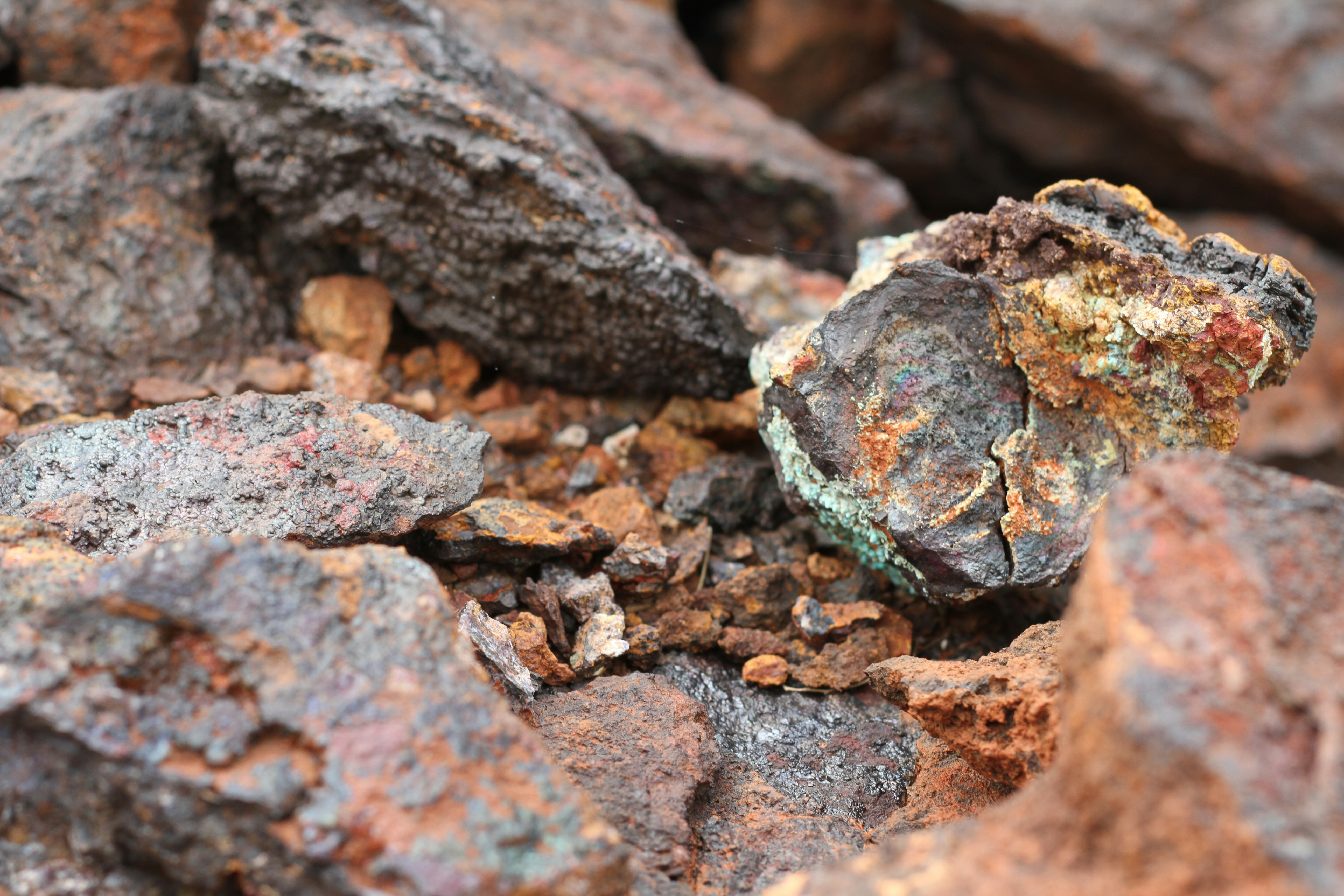Critical Minerals And Global Power: The Rise Of Resource Nationalism In An Uncertain Era

As geopolitical tensions rise, the global race to secure critical minerals is reshaping the dynamics of power. These minerals, essential for industries ranging from technology to renewable energy, have become focal points in national strategies and international rivalries. This article examines how resource nationalism is influencing global power structures, disrupting industries, and presenting challenges and opportunities for businesses worldwide.
Understanding Critical Minerals and Their Importance
Definition and Examples
Critical minerals are natural resources essential for modern technology and infrastructure. Examples include lithium, cobalt, and rare earth elements, which are integral to producing batteries, semiconductors, and renewable energy technologies.
Growing Demand for Critical Minerals
The demand for these resources has skyrocketed, driven by the global push toward renewable energy and digitalization. Electric vehicles, wind turbines, and advanced electronics depend heavily on critical minerals, with projections indicating exponential growth in their usage over the next decade.
The Rise of Resource Nationalism
What is Resource Nationalism?
Resource nationalism refers to policies that prioritize domestic control and utilization of natural resources. This trend, often characterized by export restrictions, nationalization of mining operations, and limits on foreign investment, has surged as nations seek to secure their economic and strategic interests.
Key Drivers Behind the Trend
Geopolitical Rivalries: Competition between global powers, particularly the U.S. and China, has intensified, with each vying for control over critical supply chains.
Supply Chain Vulnerabilities: The COVID-19 pandemic exposed the fragility of global supply chains, prompting countries to reduce dependence on foreign sources.
Economic and Environmental Motivations: Governments aim to create local jobs and ensure environmentally sustainable practices by maintaining control over resource extraction and processing.
Policies Implemented by Nations
China: Dominates the rare earth market and has implemented export quotas to maintain strategic advantages.
United States: Introduced a Critical Minerals Strategy to bolster domestic mining and reduce reliance on foreign imports.
European Union: Developing policies to diversify supply chains and increase investment in resource recycling.
Impact on Global Power Dynamics
Geopolitical Implications
The race for critical minerals is reshaping alliances and trade relationships. Nations rich in these resources, such as Australia and the Democratic Republic of Congo, have gained strategic leverage. Meanwhile, mineral scarcity has become a potential flashpoint in global conflicts.
Economic Consequences
Resource nationalism disrupts established supply chains, driving up costs for industries reliant on critical minerals. Developing nations, often resource-rich but economically dependent, face the challenge of balancing national interests with foreign investments.
Technological and Industrial Challenges
Access to critical minerals is vital for innovation. Restrictions on availability can delay advancements in renewable energy, electric vehicles, and defense technologies, further exacerbating global inequalities.
Industry Responses and Adaptation Strategies
Diversification of Supply Chains
Businesses are seeking alternative sourcing options, forming strategic partnerships, and supporting trade agreements to reduce dependency on single-source suppliers.
Focus on Sustainability and Recycling
Companies are investing in technologies to recycle and reuse critical minerals, reducing their reliance on raw extraction. For instance, battery recycling initiatives are gaining traction as part of broader sustainability efforts.
Increased Investment in Domestic Resource Development
Governments and corporations are ramping up investments in local mining and refining projects. However, these efforts often face environmental and community opposition, complicating implementation.
Future Outlook
Continued Competition and Collaboration
As competition for critical minerals intensifies, the potential for collaboration—through shared technologies, trade agreements, and multilateral initiatives—remains a crucial counterbalance.
The Role of Innovation in Mitigating Risks
Emerging technologies, such as substitutes for critical minerals, offer hope for reducing dependence on scarce resources. AI and blockchain are also being explored to improve tracking and management of supply chains.
Broader Implications for Global Stability
Resource nationalism’s impact extends beyond economics, influencing global stability. Without equitable access to critical minerals, tensions between nations may escalate, increasing the risk of conflict.
Conclusion
Critical minerals have become pivotal in the global power struggle, with resource nationalism altering the landscape of trade, industry, and international relations. While the race to secure these resources poses challenges, it also presents opportunities for innovation, sustainability, and collaboration. Navigating this complex terrain will require balanced approaches that prioritize both national interests and global stability. As the world transitions to a greener, more interconnected future, the management of critical minerals will play a defining role in shaping the path forward.
Author: Ricardo Goulart
Copper's Comeback: Inside BHP And Lundin's Argentine Asset Acquisition
Copper, often dubbed "the metal of electrification," is experiencing a resurgence in demand due to its critical role in ... Read more
Revitalizing Commodities: How Clean Energy Is Breathing New Life Into A Stagnant Market
The commodities market, traditionally a cornerstone of investment portfolios, has experienced a decade of stagnation. Ho... Read more
European Airports Disrupted By Escalating Climate Protests
Climate activists have escalated their protests at European airports, blocking runways and causing flight disruptions in... Read more
Hungary's Russian Oil Dilemma: Why Brussels Is Cautious In Offering Support
Hungary's reliance on Russian oil has led it to seek support from Brussels to ensure continued access to this crucial en... Read more
Unveiling China's Secret Commodity Stockpiles: What Lies Ahead?
Xi Jinping's extensive reserves of grain, natural gas, and oil hint at future challenges.In a move shrouded in secrecy, ... Read more
Copper Miners Brace For Industry Overhaul As End Users Seek Direct Deals
The copper mining industry is bracing for a significant overhaul as end users, including cable manufacturers and car com... Read more

